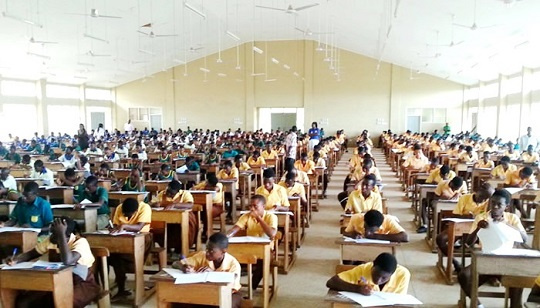Amid widespread curiosity about how the examination body uncovered these infractions, particularly the use of AI, WAEC’s Head of Public Affairs, John Kapi, provided insights during an interview with the media.
He explained that they identified candidates who relied on AI-generated answers by observing peculiar responses. For instance, a candidate received a response from the AI stating, ‘I’m not familiar with the term you have used,’ and proceeded to replicate this verbatim in the answer booklet. Another candidate encountered a similar situation, typing, ‘I cannot detect the term you have used.’ These instances served as clear indicators of AI usage, Kapi stated.
He acknowledged the evolving nature of cheating methods, recounting past challenges involving mobile phones, snapshots, and pre-solved answer sheets. However, the rise of AI as a cheating mechanism poses a novel and formidable challenge. To address this, WAEC is planning collaborative efforts with the Ghana Education Service (GES) to enforce stringent regulations on mobile phone usage in second-cycle institutions.
“We’ve monitored all the rogue websites that were publishing the questions we had put out there. Our investigations and some reports that were received from national security indicated that all the questions that were found online were put out there after the commencement of the examination. The suspicion is that these questions were out there after the supervisors or invigilators or even candidates had taken snapshots and put them out there seeking assistance.”
Regarding ongoing investigations into the use of mobile phones, AI, or intercepted questions, Kapi indicated that his outfit is actively looking into the matter and that suspected culprits would be invited for a fair hearing.
The collaboration with the GES aims to establish stricter adherence to rules and discourage the adoption of advanced technologies for unfair advantages in academic assessments.













 Sompaonline.com offers its reading audience with a comprehensive online source for up-to-the-minute news about politics, business, entertainment and other issues in Ghana
Sompaonline.com offers its reading audience with a comprehensive online source for up-to-the-minute news about politics, business, entertainment and other issues in Ghana